It’s Ok to eat a little bit of what
you fancy – if you time it right
We’ve all been there… sometimes the lure of
fast food or birthday cake is just too hard to resist. But what if you could
have your cake and eat it, without worrying about the calories? Well, it turns
out you can enjoy all your favorite ‘treat’ foods without the guilt, if you’re
sensible about when you eat them. There are times and situations when foods
such as burgers or chocolate are physiologically less likely to impact on your
weight or health. ‘When you stop forbidding yourself, you’re less likely to
binge and more likely to enjoy these foods in the appropriate quantities,’ says
fitness and weight-loss expert Marisa Peer. Read on to discover the best time
to eat those treats.
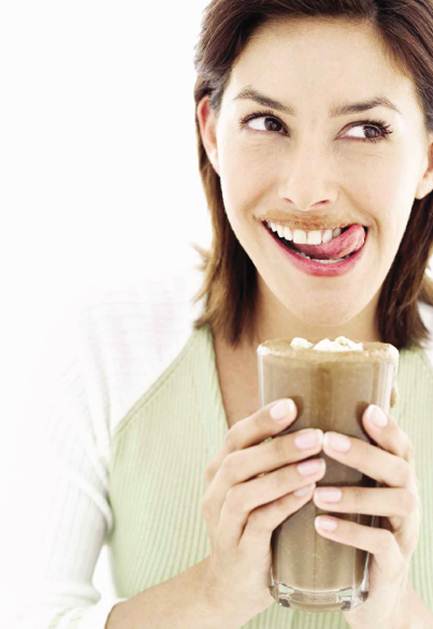
It’s
treat O’clock
What:
Chocolate
When:
Breakfast
We’ve known for some time that dark
chocolate is brimming with free radical-blasting antioxidants – 20 times more
than green tea, in fact – and that it’s a great source of magnesium, which can
ease depression and migraines, as well as boost your metabolism, says Peer. A
recent study by Tel Aviv University showed that morning is the best time to
have chocolate, as this is when your metabolism is firing at its best. Not that
we recommend it but, half the people in the 32-week study ate a portion of
chocolate cake at breakfast and lost, on average, 40lbs more than those who
didn’t have cake. And this was despite both groups consuming the same total
amount of daily calories.
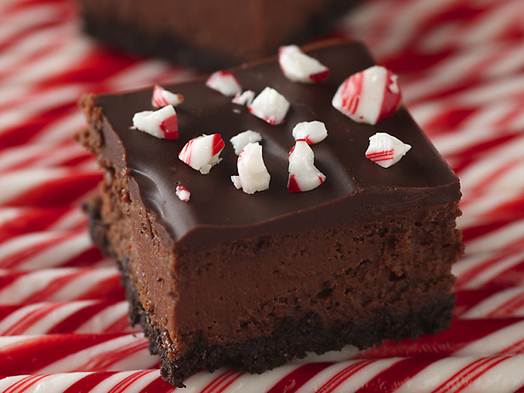
Chocolate
What:
Milkshake
When: After
cardio
If long-distance running is your thing,
have some chocolate milk to hand for a post-run recovery drink, says Peer.
Endurance exercise depletes muscle glycogen, so while drinking water will
replace fluid lost during exercise, it won’t give you all the nutrients
required by your body after a tough cardio session. Drinking chocolate milk
within 30 minutes of intense exercise will provide essential carbohydrates and
a combination of whey and casein protein that will replenish your muscles. Whey
is fast acting, allowing amino acids to get right into the muscle tissue, while
casein is digested more slowly, providing a steady stream of amino acids over
time.
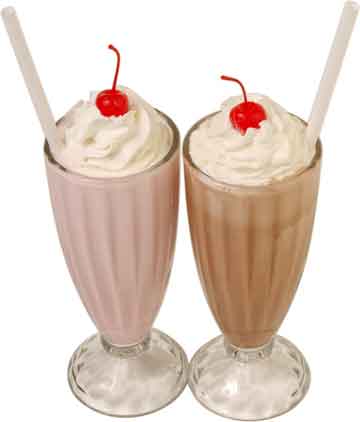
Milkshake
What: Burger
When: After
weights
Beef has had a bad rep because it’s high in
saturated fat and dietary cholesterol. But, a diet that includes lean red meat
can lower levels of LDL (bad) cholesterol and increase absorption of omega-3
fatty acids, according to a study published in the European Journal of Nutrition.
‘Red meat aids far burning and muscle building, so if these are your goals,
have it at least three times a week,’ says Peer. Red meat is also full of iron,
which is important for delivering oxygen to muscles. So grab a burger (a
healthy one, without the sauce and onion rings!) after a weight-training
workout.
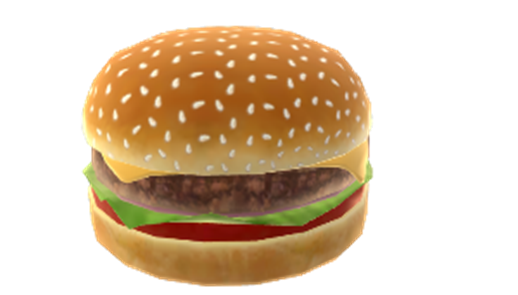
Burger
What: Coffee
When: Before
training
‘Coffee aids fat burning, so drink it
before training to see better results,’ says Peer. A study by the Australian
Institute of Spot found that caffeine triggers muscles to start using stored
fat instead of carbohydrate as an energy source. Consumed before a workout,
caffeine allowed athletes in the study to exercise three times as long, and
it’s now classified as an approved supplement for athletes by the Australian
Institute of Sport. Caffeine also increases stamina and improves physical
performance, according to researchers from the University of Georgia, who say
caffeine acts as an anaesthetic, blocking muscle pain and soreness, helping you
work out for longer.
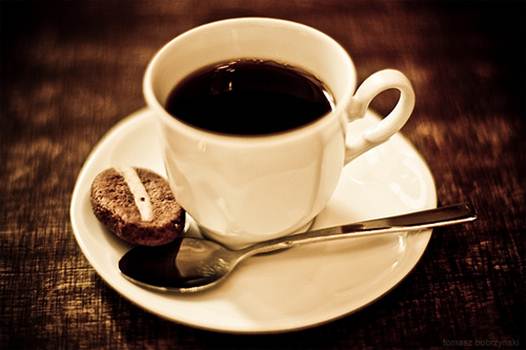
Coffee
What: White
bagel
When:
Pre-workout
It’s a general consensus that consuming
processed ‘white’ carbs is bad for you because they cause your insulin levels
to spike and can lead to weight gain. But eating a high-carb meal before a
workout will ensure your body uses it for fuel instead of storing it as fat.
‘White bagels are good for training because your body uses the carbohydrate
instantly for energy. If you’re training long distance, eating carbohydrates
before and during training will give you the energy to keep going,’ says Peer.
Also, pair your high-GI bagel with protein-rich egg 20 minutes after a workout.
The mix of carbs and protein will restock your energy stores and drive protein
to your muscles to help recovery.

White
bagel